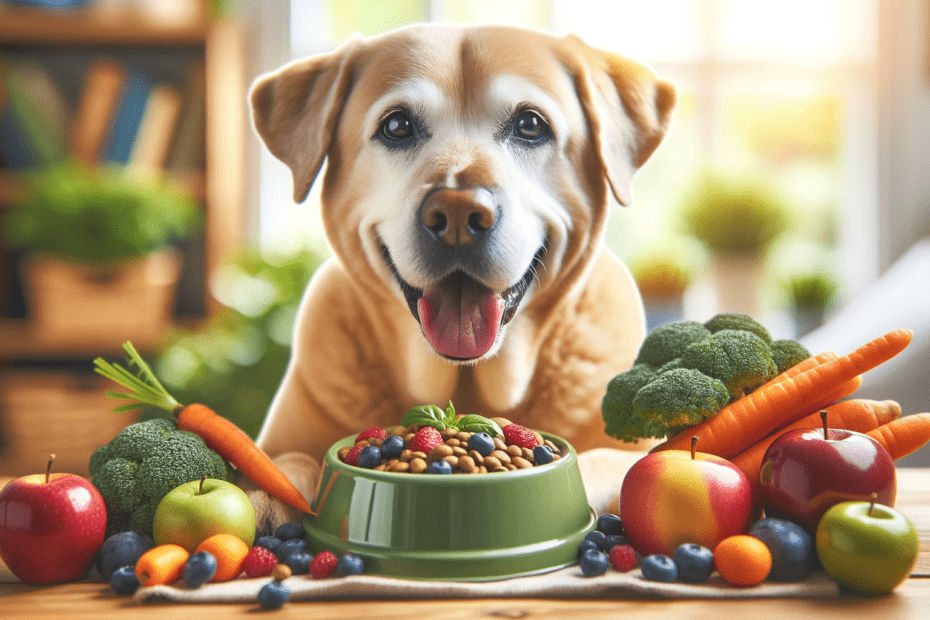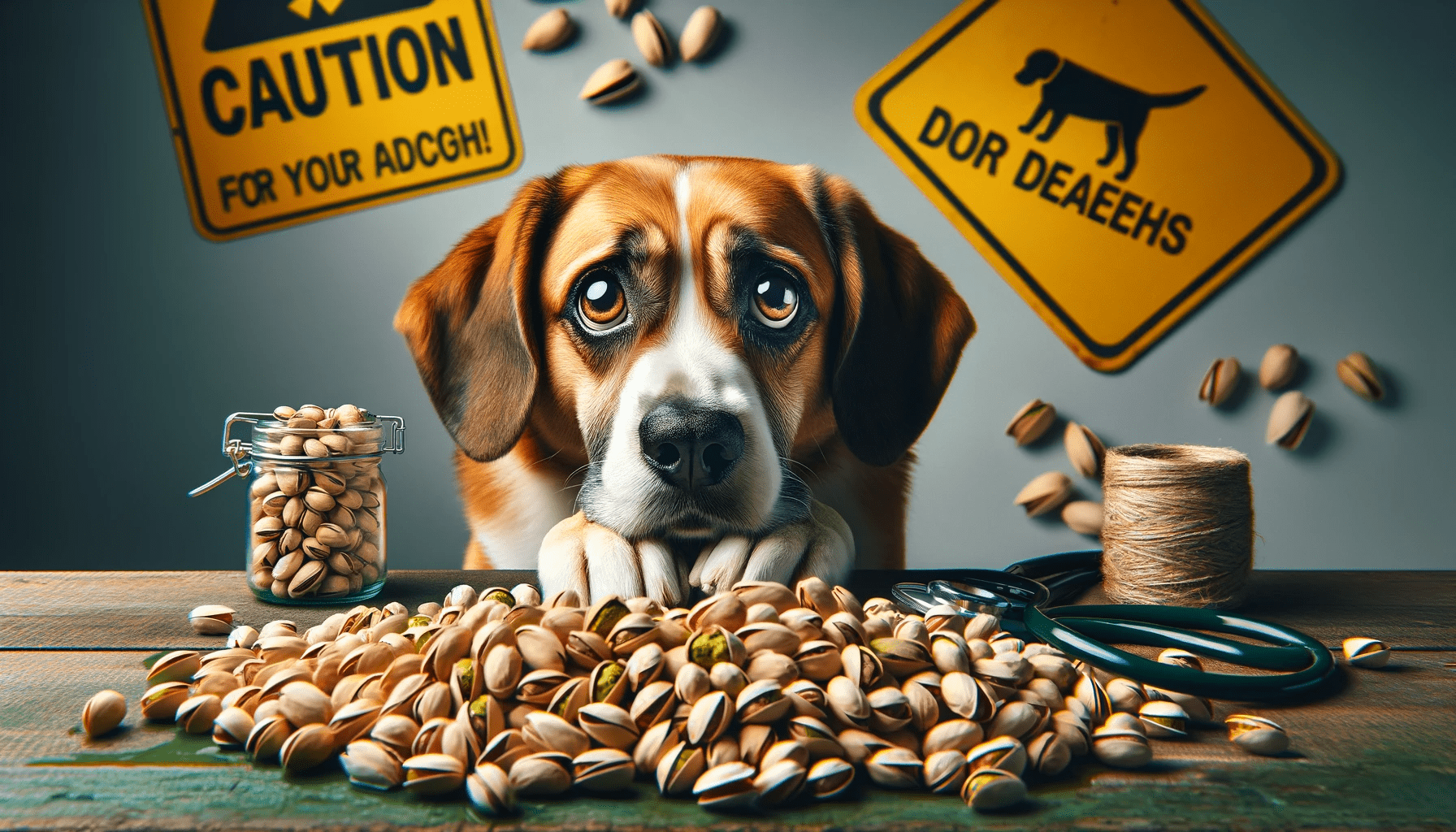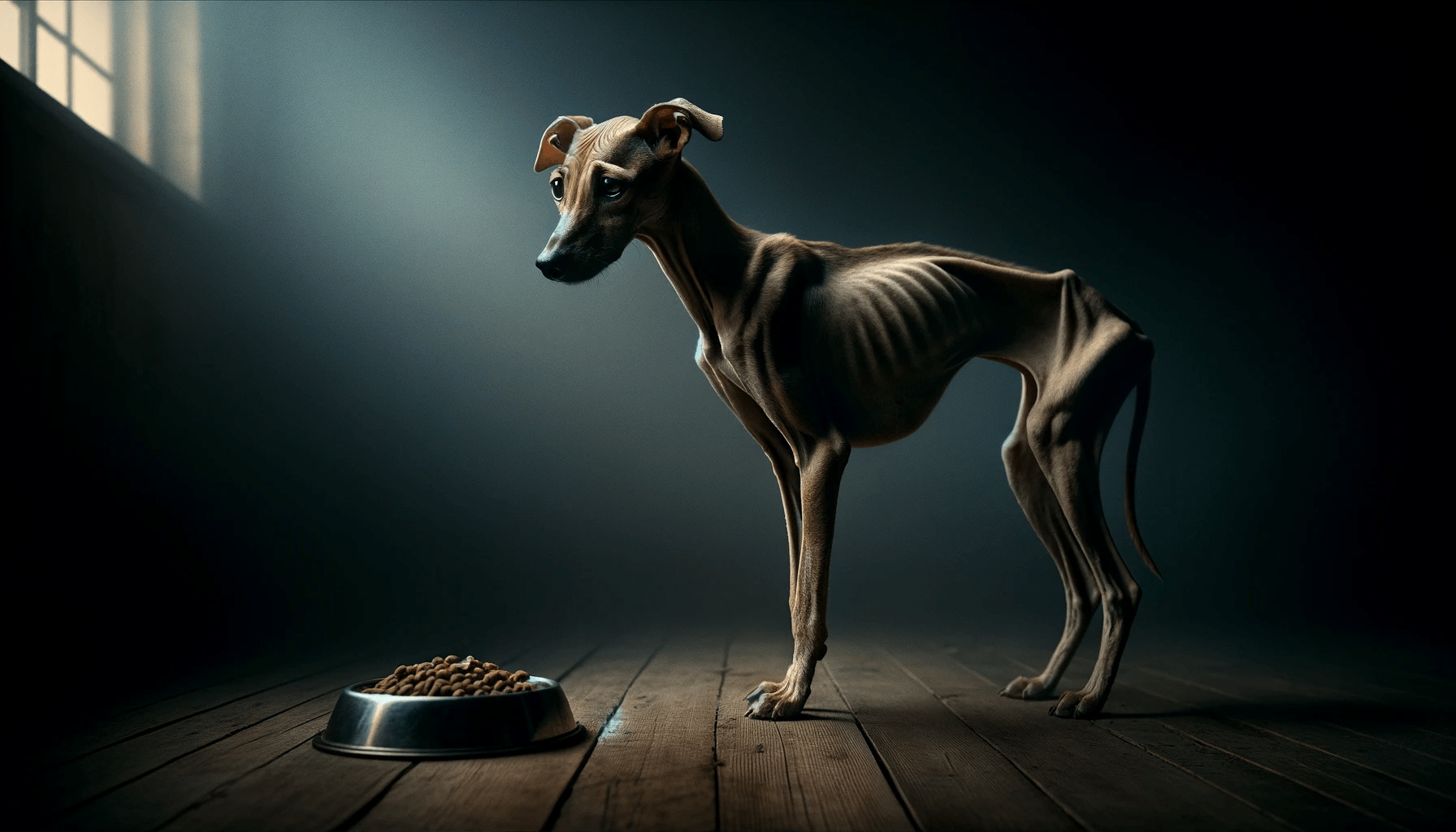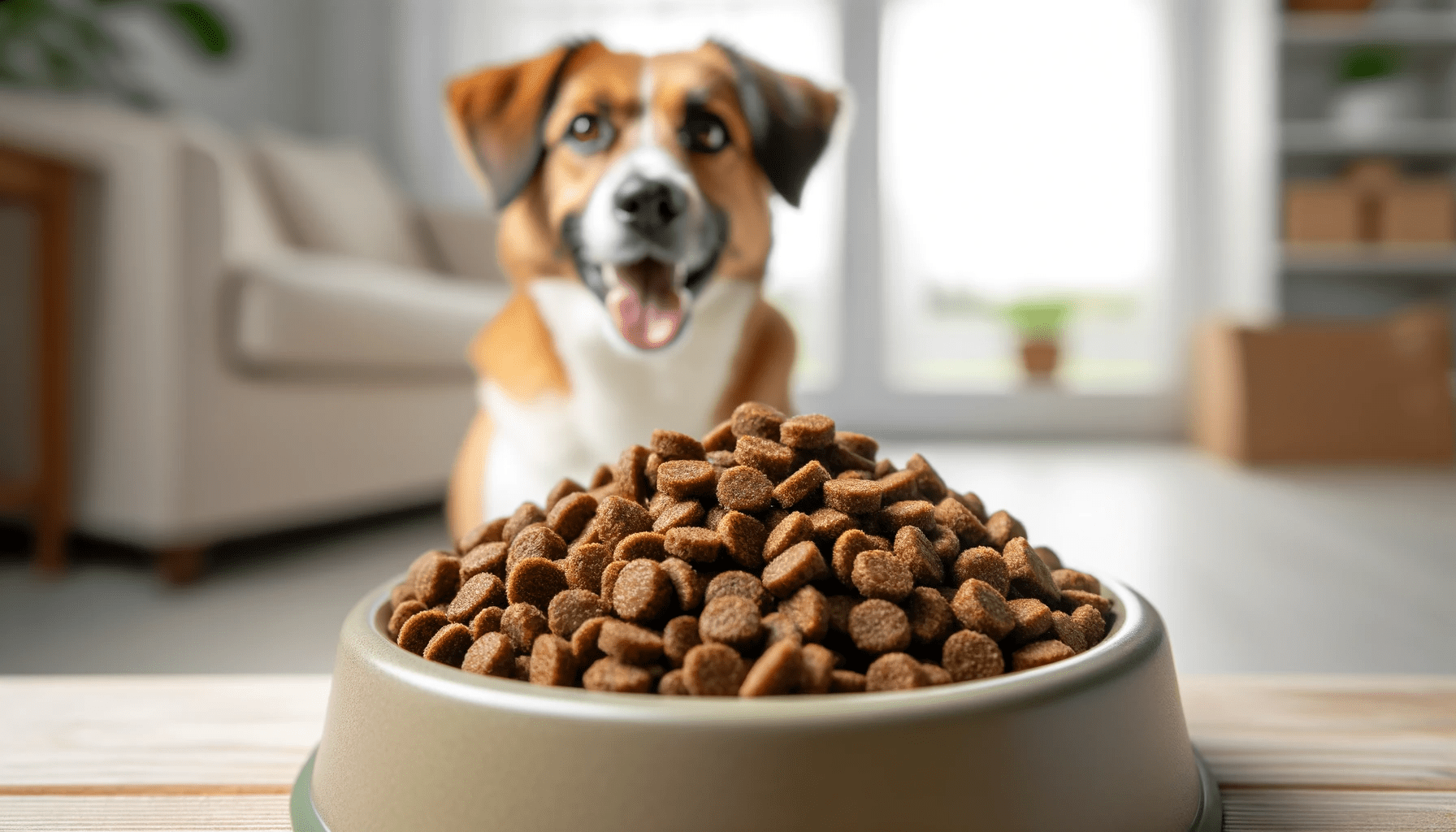Are you curious about why nutrition is crucial for your senior dog? As your furry companion ages, their metabolism goes through changes, making it essential to provide them with the right nutrients.
With decreased nutrient absorption and potential joint and muscle issues, their diet plays a vital role in maintaining their overall health.
Additionally, managing their weight, dental health, and promoting brain health are all important factors to consider.
Discover why proper nutrition is key for your aging canine friend.
Key Takeaways
- Metabolism slows down in senior dogs, making it important to provide them with a balanced and nutrient-dense diet.
- Nutrient deficiencies can negatively impact immune system, bone health, muscle strength, and cognitive function in senior dogs.
- Proper nutrition supports joint and muscle health in senior dogs, with nutrients like glucosamine and chondroitin reducing inflammation and supporting joint repair.
- Balanced diet and portion control are crucial for weight management in senior dogs, along with regular exercise.
Age-Related Changes in Metabolism
As your dog ages, their metabolism may slow down, leading to age-related changes in the way their body processes nutrients. Metabolism refers to the chemical reactions that occur within the cells of an organism to maintain life. It involves the conversion of food into energy and the elimination of waste products. In senior dogs, the metabolism tends to become less efficient due to a decrease in organ function and hormonal changes.
Age-related changes in metabolism can affect various aspects of a senior dog's health. Firstly, the reduced metabolism can lead to weight gain and obesity, as the body isn't able to burn calories as efficiently as before. This can put additional strain on the dog's joints and cardiovascular system, increasing the risk of developing chronic conditions such as arthritis and heart disease.
Furthermore, the changes in metabolism can impact the dog's nutrient requirements. Senior dogs may require fewer calories to maintain their weight, but they still need a balanced and nutrient-dense diet to support their aging bodies. For example, they may need higher levels of certain vitamins and minerals to support their immune system and promote healthy aging.
To address these age-related changes in metabolism, it's important to provide senior dogs with a nutritionally balanced diet that's tailored to their specific needs. This may involve reducing the calorie content of their meals, while ensuring they still receive adequate levels of essential nutrients. Regular veterinary check-ups and monitoring of body condition can also help to ensure that the dog's nutritional needs are being met throughout their senior years.
Decreased Nutrient Absorption
You should regularly feed your senior dog a nutrient-rich diet because their decreased nutrient absorption can impact their overall health and vitality. As dogs age, their digestive system becomes less efficient, leading to a decrease in the absorption of essential nutrients from their food. This can result in nutrient deficiencies and a range of health issues.
Here are three reasons why decreased nutrient absorption is a concern for senior dogs:
- Decreased appetite: Senior dogs often experience a decrease in appetite, which can further exacerbate the issue of nutrient absorption. If they aren't eating enough, they may not be getting the necessary nutrients to support their aging bodies.
- Nutrient deficiencies: A decrease in nutrient absorption can lead to nutrient deficiencies in senior dogs. This can negatively impact their immune system, bone health, muscle strength, and cognitive function.
- Impact on overall health and vitality: When senior dogs don't receive adequate nutrients, their overall health and vitality can suffer. They may experience lethargy, weight loss, muscle weakness, and a weakened immune system, making them more susceptible to illnesses and infections.
To ensure your senior dog's well-being, it's crucial to provide them with a nutrient-rich diet that's easily digestible. Consult with your veterinarian to determine the best diet plan for your furry friend.
Joint and Muscle Support
Proper nutrition plays a crucial role in supporting joint and muscle health in senior dogs, especially considering their decreased nutrient absorption. As dogs age, their joint health can deteriorate, leading to conditions such as arthritis and decreased mobility. Nutrients such as glucosamine and chondroitin are essential for maintaining joint health in senior dogs. These compounds help to reduce inflammation, promote the production of joint fluid, and support the repair of damaged cartilage. Including these nutrients in your dog's diet can help alleviate joint pain and improve their overall mobility.
In addition to joint health, muscle strength is another important aspect of senior dog care. Maintaining muscle mass is crucial for supporting their overall mobility and preventing muscle wasting. Adequate protein intake is essential for preserving and building muscle strength in senior dogs. Protein provides the necessary amino acids for muscle repair and growth. Incorporating high-quality protein sources such as lean meats, fish, and eggs into their diet can help ensure that they receive the necessary nutrients to support muscle health.
Managing Weight and Body Condition
To effectively manage weight and body condition in senior dogs, it's important to provide them with a balanced diet that meets their specific nutritional needs. As dogs age, their metabolism slows down and they may become less active, making them more prone to weight gain. Preventing obesity in aging dogs is crucial, as it can lead to various health issues such as joint problems, heart disease, and diabetes.
Balanced Diet for Seniors
Maintaining a balanced diet is crucial for senior dogs to manage their weight and body condition effectively. As your furry friend ages, their metabolism may slow down and their activity levels may decrease, making them more prone to weight gain. To ensure they stay healthy and active, here are three key aspects to consider when providing a balanced diet for your senior dog:
- Portion control: It's important to monitor your senior dog's calorie intake and adjust their portion sizes accordingly. This will help prevent excessive weight gain and maintain a healthy body condition.
- Nutrient density: Choose high-quality dog food that's specifically formulated for senior dogs. These foods are designed to provide the right balance of nutrients, such as protein, healthy fats, vitamins, and minerals, while being lower in calories to support weight management.
- Regular exercise: Along with a balanced diet, regular exercise is essential for managing your senior dog's weight and overall well-being. Engage them in low-impact activities like leisurely walks or gentle playtime to keep their muscles toned and their weight in check.
Preventing Obesity in Aging Dogs
To prevent obesity in your aging dog and effectively manage their weight and body condition, it's important to focus on three key factors: portion control, nutrient density, and regular exercise.
Controlling portion sizes ensures that your dog is getting the appropriate amount of food without overeating. This can be achieved by measuring the amount of food you provide and avoiding free-feeding.
Nutrient-dense foods are essential for meeting your dog's nutritional needs while keeping their calorie intake in check. Look for high-quality senior dog foods that are specifically formulated to provide the right balance of nutrients without excess calories.
Regular exercise is crucial for promoting exercise and maintaining mobility in aging dogs. Engage your dog in moderate activities such as daily walks or low-impact exercises to help them maintain a healthy weight and keep their muscles and joints strong.
Dental Health and Chewing Ability
To maintain your senior dog's dental health and chewing ability, it's important to provide proper dental care. Regular brushing and dental cleanings can help prevent plaque buildup and gum disease, which can impact your dog's ability to chew.
Additionally, ensuring your dog's nutrition is tailored to their senior needs can promote stronger teeth and healthier gums, aiding in their overall chewing and digestion process.
Dental Care Tips
When it comes to ensuring the dental health and chewing ability of your senior dog, it's important that you prioritize regular dental care. Good dental hygiene is crucial for maintaining your dog's oral health and overall well-being.
Here are three dental care tips to help keep your senior dog's teeth and gums in optimal condition:
- Brush your dog's teeth regularly: Use a dog-specific toothbrush and toothpaste to gently brush your dog's teeth at least two to three times a week. This helps remove plaque and prevent the buildup of tartar, which can lead to dental diseases.
- Provide dental chews and toys: Chewing on appropriate toys and dental chews can help clean your dog's teeth and strengthen their chewing muscles. Look for products that are specifically designed to promote dental health and avoid items that are too hard or can be easily swallowed.
- Schedule regular dental check-ups: Just like humans, dogs benefit from regular dental check-ups. Your veterinarian can examine your dog's teeth and gums, perform professional cleanings if necessary, and address any potential dental issues before they worsen.
Senior Dog Nutrition
Maintaining proper nutrition is essential for the dental health and chewing ability of your senior dog. As dogs age, their nutritional requirements change, and it becomes crucial to provide them with a balanced diet that supports their overall well-being.
Senior dog food is specifically formulated to meet the unique needs of aging dogs, including dental health and chewing ability. These foods are designed to be softer and easier to chew, making it more comfortable for dogs with dental issues or reduced chewing ability.
Additionally, senior dog food often contains ingredients that promote dental health, such as antioxidants and vitamins that support gum health and reduce plaque buildup. By feeding your senior dog a diet tailored to their nutritional requirements, you can help them maintain good dental health and ensure they can chew their food comfortably.
Chewing and Digestion
Feeding your senior dog a balanced diet is crucial for maintaining their dental health and ensuring their ability to chew comfortably. As dogs age, their teeth may become more fragile, and their chewing technique may change. Providing them with appropriate nutrition can help support their dental health and prevent dental issues such as tooth decay and gum disease. Additionally, a balanced diet can stimulate the production of digestive enzymes, which are essential for proper digestion and nutrient absorption.
Here are three important points to consider regarding chewing and digestion in senior dogs:
- Chewing technique: Senior dogs may experience changes in their chewing technique due to dental issues or age-related muscle weakness. Providing them with softer food or incorporating dental chews can help them maintain their chewing ability and promote good dental health.
- Dental health: Dental issues can affect a dog's overall well-being. Regular dental check-ups and cleanings, along with a balanced diet, can help prevent tooth decay, gum disease, and other oral health problems.
- Digestive enzyme production: As dogs age, their digestive enzyme production may decrease, making it harder for them to break down and absorb nutrients. A diet rich in easily digestible proteins, fibers, and probiotics can support healthy digestion and nutrient absorption for senior dogs.
Promoting Brain Health and Cognitive Function
To support your senior dog's brain health and cognitive function, it's crucial to prioritize their nutrition. Just like humans, dogs can experience cognitive decline as they age. Providing them with a well-balanced diet that includes essential nutrients can help promote brain health and maintain cognitive function.
Omega-3 fatty acids, such as DHA and EPA, are particularly important for brain health. These fatty acids have been shown to support cognitive function and reduce the risk of cognitive decline in both humans and dogs. They can be found in fish oil, flaxseed, and chia seeds.
Antioxidants, such as vitamins C and E, also play a vital role in maintaining brain health. These compounds help protect brain cells from oxidative stress and inflammation, which can contribute to cognitive decline. Fruits and vegetables, such as blueberries, spinach, and broccoli, are excellent sources of antioxidants.
Additionally, providing your senior dog with a diet rich in B vitamins can also support brain health. B vitamins, including thiamine, niacin, and folate, are involved in energy production and neurotransmitter synthesis, both of which are essential for proper brain function.
Addressing Specific Health Conditions
If your senior dog is dealing with specific health conditions, it's important to address their nutritional needs accordingly. Different health conditions may require specific dietary requirements to manage chronic illnesses effectively. Here are three important considerations when addressing specific health conditions in your senior dog's diet:
- Consult your veterinarian: Your veterinarian is the best resource to determine the specific dietary requirements for your senior dog's health condition. They can provide guidance on the appropriate nutrients, vitamins, and minerals that should be included in your dog's diet to support their overall health and manage their specific health condition.
- Prescription diets: In some cases, your veterinarian may recommend a prescription diet specifically formulated to address your senior dog's health condition. These diets are designed to provide the necessary nutrients while managing the symptoms or progression of the specific health condition. Prescription diets often contain specific ingredients or nutrient ratios that support your dog's health needs.
- Nutritional supplements: Your veterinarian may also recommend nutritional supplements to support your senior dog's health condition. These supplements can include joint support supplements for arthritis, omega-3 fatty acids for skin and coat health, or antioxidants to support immune function. It's important to follow your veterinarian's guidance on the appropriate dosage and administration of these supplements.
Frequently Asked Questions
What Are the Signs of Age-Related Changes in Metabolism in Senior Dogs?
As your senior dog ages, you may notice signs of age-related changes in their metabolism. These changes can include decreased energy levels, weight gain, and a slower metabolism. Proper nutrition can help address these issues and support your dog's overall health.
How Can We Improve Nutrient Absorption in Senior Dogs?
To improve digestion and promote nutrient absorption in senior dogs, you can try feeding them easily digestible and nutrient-rich foods. Providing probiotics and digestive enzymes may also help enhance their digestive health and absorption of essential nutrients.
Are There Specific Supplements or Diets That Can Support Joint and Muscle Health in Senior Dogs?
Supplements for joint health and special diets for muscle health can support your senior dog's overall well-being. These can provide the necessary nutrients to maintain strong joints and muscles, ensuring they stay active and mobile.
What Are Some Effective Strategies for Managing Weight and Body Condition in Senior Dogs?
To manage weight and body condition in senior dogs, focus on their nutrition. Consider feeding them a balanced diet with appropriate portion sizes, monitor their calorie intake, and encourage regular exercise to help maintain a healthy weight.
How Can We Maintain Dental Health and Chewing Ability in Senior Dogs?
To maintain dental health and chewing ability in senior dogs, it is important to provide them with proper dental care and chew toy options. Regular brushing and dental check-ups can help prevent oral diseases.
Conclusion
In conclusion, nutrition plays a crucial role in maintaining the overall health and well-being of senior dogs. As they age, their metabolism changes, nutrient absorption decreases, and joint and muscle support becomes important.
Managing weight and body condition, maintaining dental health and chewing ability, promoting brain health and cognitive function, and addressing specific health conditions are all essential aspects of senior dog nutrition.
By providing proper nutrition, we can help our senior dogs lead healthier and happier lives.






